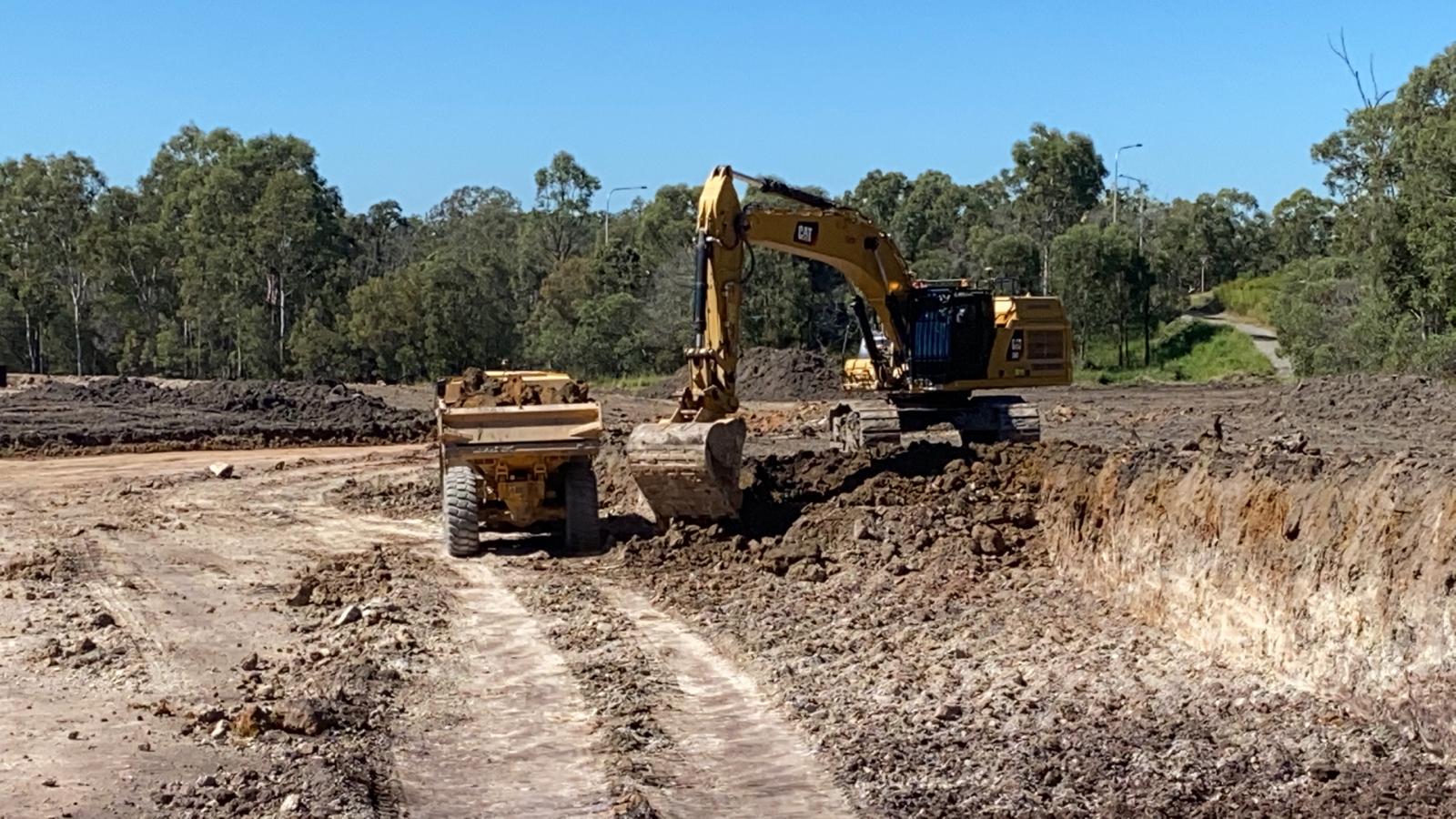Securing Heavy Equipment Operator Certification
Step-by-step guide to obtaining your heavy equipment operator certification. Launch your machinery career with the right credentials!

Breaking into the heavy equipment industry without a Heavy Equipment Operator Certification can be challenging. This certification not only opens a door to a vast range of job opportunities but also significantly increases your earning potential. But how do you go about securing this crucial credential? This article will guide you through every step of the process.
Unearthing the Heavy Equipment Operator Certification Process
A robust certification such as Heavy Equipment Operator Certification plays a crucial role in setting you apart in the competitive heavy equipment industry. Gaining this credential demonstrates your commitment to safety and expertise in operating machinery at a high-level, critical for businesses that prioritize productivity and safety. But to land this prestigious certification, you need to understand the process thoroughly.
Table of Contents
- Understanding the Heavy Equipment Operator Certification
- Eligibility Criteria and Registration Process
- Preparation Guides: What to Expect
- Exam Breakdown: Getting Into The Details
- Value of Your Heavy Equipment Operator Certification
- Expanding Your Career Opportunities
Understanding the Heavy Equipment Operator Certification

Gaining an in-depth understanding of what the Heavy Equipment Operator Certification is and why it's essential can lay the groundwork for your journey. This certification primarily focuses on ensuring the operator has thorough knowledge and skills to operate heavy machinery safely and efficiently. It covers a wide array of heavy equipment machinery such as bulldozers, excavators, backhoes, loaders, and dump trucks. Having this accreditation under your belt demonstrates your mastery over these machines and conveys your commitment to safety and professionalism.
Beyond Machinery: Comprehensive Knowledge
While acquiring precise control of these heavy machines is a significant part of the certification process, it doesn't stop there. You are also tested on your understanding of safety regulations, equipment maintenance, site management skills, and reading blueprints. This comprehensive approach ensures that certified operators are well-equipped for the demands of this industry.
Eligibility Criteria and Registration Process
To register for a Heavy Equipment Operator Certification program, you're required to meet specific eligibility criteria. These often include being at least 18 years old, a high school diploma or GED, physical fitness, and sometimes, a valid driver's license. It’s also essential to have good hand-eye coordination and visual acuity.
Registration Simplified: Getting Enrolled
- Research and Selection: Begin by researching reliable and accredited training schools. Programs can vary in length, cost, and curriculum, so choose wisely based on your resources and career goals. Liaise with industry veterans or reach out to schools directly for detailed inquiries.
- Application: Once you've selected the program that suits you best, it's time to fill out your application form. This often includes your personal details, education, and any prerequisite courses or training that you have completed.
- Payment and Confirmation: Upon filling out the application, you're required to pay the certification program fees. Once the payment goes through, you'll receive a confirmation note, and your registration process is complete.
Preparation Guides: What to Expect
Once your registration is confirmed, it's time to dive into preparation. The exact curriculum may vary based on the program you enrolled in, but most will cover the same core topics: heavy equipment handling basics, safety measures, equipment maintenance, excavation, and site management. Some programs also include hands-on training components where you can put into practice the theoretical concepts learned.
You can refer to textbooks and study guides recommended by the certification body. Many online resources and forums can also provide guidance and insights into what to expect from the exam.
"Remember that dedication, consistency, and patience are key when preparing for your certification. The journey might not be easy, but the rewards are worth it," advises Tom Richardson, a certified heavy equipment operator with over 25 years in the field.
Exam Breakdown: Getting Into The Details
Understanding your exam structure is paramount in your preparation journey. Typically, a heavy equipment operator certification exam will assess both your theoretical knowledge and practical skills.
The Theory Test
The theory test primarily aims to assess your knowledge about heavy machinery operation standards, safety regulations, preventive maintenance protocols, and more. These tests usually consist of multiple-choice questions. Brushing up on your technical knowledge and working through previous test papers can come in handy.
The Practical Test
In tandem with theoretical knowledge, practical competence is equally crucial. The practical test enables you to demonstrate your hands-on skills in controlling and maneuvering heavy machinery. This exam mainly focuses on how efficiently you perform tasks like digging, grading, lifting, and moving loads using these heavy machines.
Value of Your Heavy Equipment Operator Certification
So, you've successfully bagged your Heavy Equipment Operator certification. But what does it mean for you and your career? For starters, holding this certification establishes your expertise and credibility in the industry. It implies that you have the skills and knowledge necessary to handle heavy machinery safely and efficiently.
- Increased Job Opportunities: Many organizations prioritize hiring certified operators to ensure safety and productivity at worksites. Having certification broadens your job prospects significantly.
- Enhanced Earning Potential: On average, certified heavy equipment operators earn considerably more than their uncertified counterparts. An investment in certification could lead to a higher return in your paycheck.
- Career Advancement: With certification, you're poised for career advancements, such as moving into supervisory or managerial roles.
Expanding Your Career Opportunities

Capturing your Heavy Equipment Operator Certification is just the beginning of your career growth journey. As you gain experience, you can further refine your skills, specialize in particular machinery, or even venture into equipment trading or consulting. The possibilities are endless!
"While the initial process may seem overwhelming, remember that obtaining your certification is not an endpoint but a launchpad for your career." says Linda Davis, a certified operator with over 30 years in the industry.
Fueling Your Future
As the construction and mining industries continue to grow, the demand for certified heavy equipment operators also increases. Remember, your potential for advancement within this field is largely under your control. By continuously updating your skills and keeping abreast with the latest industry trends, you can maximize your opportunities for growth and success.
In summary, obtaining your Heavy Equipment Operator Certification is a key step in embarking on a successful career in the heavy machinery sector. This comprehensive step-by-step guide has hopefully made the process more approachable. Now it's time to get started on your journey!
What's Your Reaction?









































































